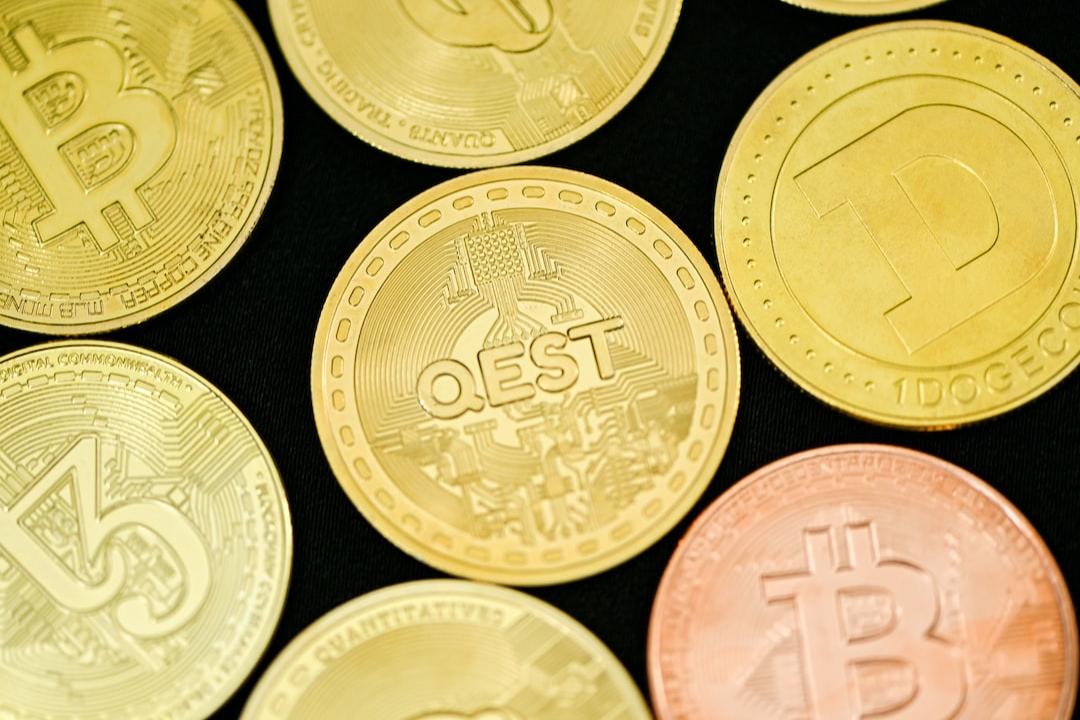In the traditional financial system, banks and other centralized institutions are responsible for managing people’s assets. However, this centralized model poses risks such as fraud, hacking, and insolvency. According to the International Monetary Fund (IMF), cyber threats in the financial sector are on the rise, with ransomware attacks on financial services increasing from 55% in 2022 to 64% in 2023. Interestingly, even in the world of cryptocurrencies, which are built on the principles of decentralization, centralized exchanges are still widely used.
The vulnerability of centralized systems is evident from incidents like the Mt. Gox loss, where 850,000 Bitcoins were lost due to fraud. Such cases highlight the weaknesses of centralized structures and emphasize the importance of self-custodial protocols. Self-custody allows users to have full control over their private keys and assets, mitigating the risks associated with third-party management.
However, self-custody models come with their own challenges. Users bear all the responsibility and managing personal storage wallets requires technical knowledge. Understanding blockchain complexities like gas fees and native tokens can be daunting for those directly managing their assets. Additionally, key figures in the crypto industry suggest that self-custody models need to prioritize safety against coercion. In other words, there is a need for better self-custody alternatives in the crypto industry.
Plena, a crypto super app, addresses these challenges by offering an all-in-one self-custody platform that incorporates advanced technologies like account abstraction and artificial intelligence (AI). This platform simplifies the user experience and provides crypto holders and traders with a mobile app that includes an automated purchasing feature.
Account abstraction is a concept that simplifies how users interact with their blockchain accounts. Traditionally, Ethereum blockchain accounts are either controlled by smart contracts or user-controlled via private keys. Account abstraction blurs this distinction, making user accounts behave more like smart contracts. This simplifies the transaction process, enhances security by reducing reliance on a single private key, and offers more flexibility in managing accounts.
Plena’s crypto super app, available for download on the Google Play Store and App Store, offers a wide range of features. It supports over 100,000 cryptocurrencies, allowing users to buy, sell, swap, and bridge assets with a single tap. The app also includes Plena Connect, which enables interaction with over 150 decentralized applications (DApps). Additionally, Plena offers the convenience of one-click transactions, simplifying complex tasks and enhancing the user experience.
The company is also working on an AI-powered tool called PlenaGPT, which aims to revolutionize crypto portfolio management. Once launched, PlenaGPT will analyze market trends and provide personalized investment recommendations and trend predictions using AI.
Plena has joined the Cointelegraph Accelerator program, which provides media reach and marketing opportunities to startups and projects in the Web3 space. This program leverages Cointelegraph’s network and expertise as a leading crypto and blockchain media outlet. Plena was selected for the program due to its focus on AI and the success of its mobile app, which has garnered over 100,000 downloads.
Looking ahead, Plena has an ambitious roadmap for 2024. It plans to form new partnerships for Plena Connect, ensuring seamless integration and improved user experiences in the decentralized ecosystem. The company is also preparing to launch its launchpad in the second quarter of 2024 and aims to make non-EVM chains and Plena DAO operational in the second half of the year.
With its account abstraction technology, Plena is leading the way in empowering users within the crypto landscape. By joining forces with Cointelegraph Accelerator, the company aims to redefine how users manage their assets. Plena envisions a future where anyone, regardless of their technical expertise, can access digital assets using blockchain technology.

